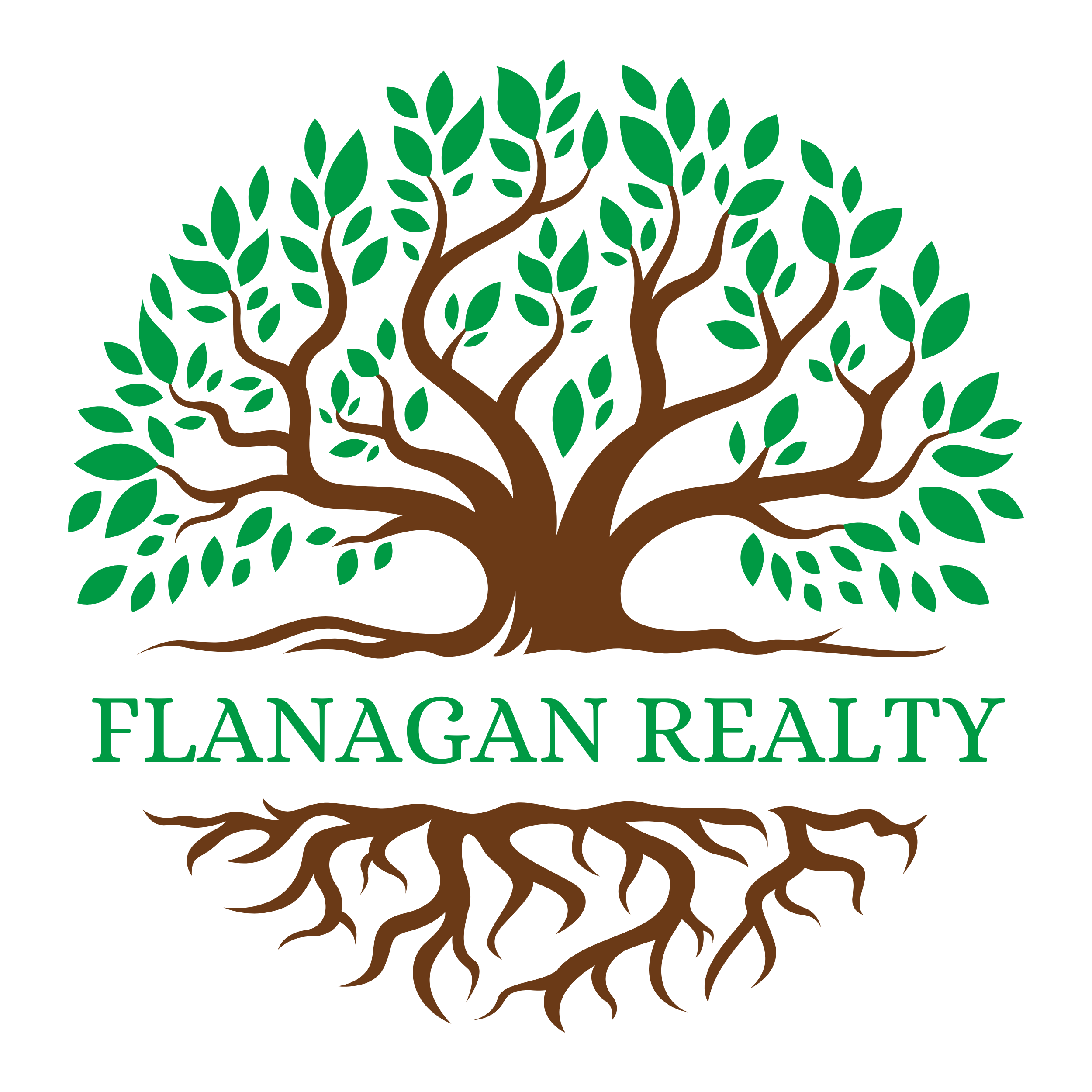
Choosing the right neighborhood is like finding the perfect puzzle piece for your dream home. It’s a decision that goes beyond the house itself and deeply influences your daily life. Whether you’re a first-time homebuyer or someone seeking a fresh start, understanding the key factors to consider when selecting a neighborhood is essential. In this guide, we’ll walk you through these factors in a friendly and informative manner, so you can find a neighborhood that feels like home.
1. Location, Location, Location:
You’ve probably heard this real estate mantra before, and it’s for good reason. Location impacts every aspect of your life, from your daily commute to the quality of nearby schools and even your safety. Consider:
- Proximity to Work: How far is your workplace, and what’s the commute like during peak hours?
- School Districts: If you have children or plan to, research the local school districts and their reputations.
- Amenities and Services: Are there grocery stores, hospitals, parks, and other essential services nearby?
2. Safety and Crime Rates:
Feeling safe in your neighborhood is paramount. Check local crime rates and talk to residents to get a sense of the safety level. You can also contact the local police department for crime statistics.
3. Community Vibe:
Each neighborhood has its own unique character and vibe. Spend time exploring the area, attending community events, and talking to residents. Do you feel a sense of belonging and comfort?
4. Property Values and Appreciation:
Research property values in the neighborhood and look at historical trends. A neighborhood with a history of property value appreciation can be a solid long-term investment.
5. Affordability:
Your budget will play a significant role in your neighborhood choice. Balance your desires with what you can comfortably afford. Remember to consider property taxes, homeowner association fees, and utility costs.
6. Future Development:
Find out about any upcoming developments or changes in the area. New businesses, infrastructure improvements, and public transportation can all impact property values and your lifestyle.
7. Traffic and Parking:
Consider the ease of getting around. Is traffic congestion a daily hassle? Is street parking readily available, or will you need a dedicated space?
8. Noise Levels:
Pay attention to noise levels, especially if you prefer peace and quiet. Visit the neighborhood during different times of the day to gauge noise levels accurately.
9. Accessibility:
Think about your mobility and access to public transportation. Are there nearby bus or train stations? How walkable is the neighborhood?
10. Community Amenities:
Evaluate what the neighborhood offers in terms of parks, recreational facilities, gyms, and entertainment options. These amenities can greatly enhance your quality of life.
11. Long-Term Plans:
Consider your long-term goals. Is this a neighborhood where you see yourself living for years to come, or is it a stepping stone to something else?
12. Resale Value:
While you might be thinking about your dream home now, keep an eye on the potential resale value. Neighborhoods with a strong resale history can provide financial security down the road.
In your quest to find the perfect neighborhood, remember that there is no one-size-fits-all answer. The ideal neighborhood for you will align with your unique lifestyle, preferences, and goals. Take your time exploring and researching, and don’t hesitate to consult with a local real estate agent who can provide valuable insights into the area.
Ultimately, finding the right neighborhood is about more than just finding a house; it’s about finding your place in the world. So, embrace the journey, and may you find the neighborhood that feels like home sweet home.
